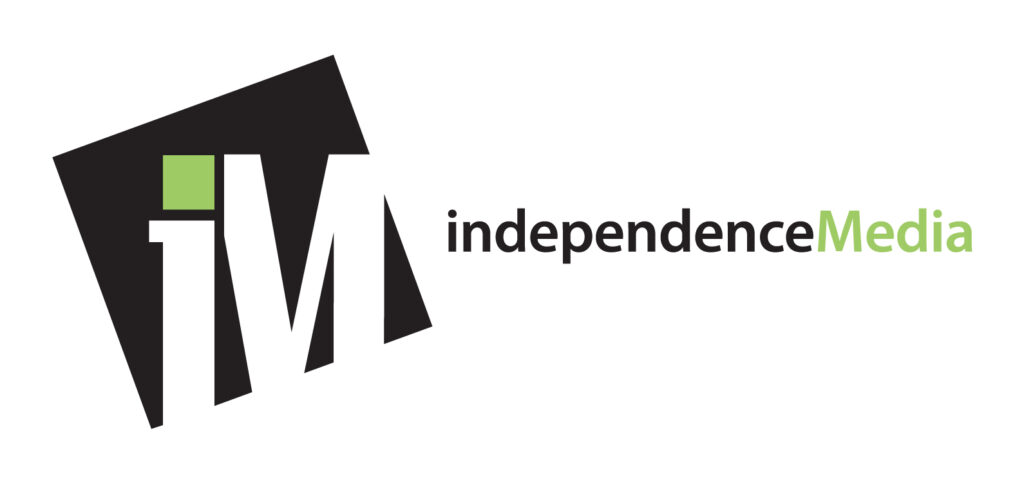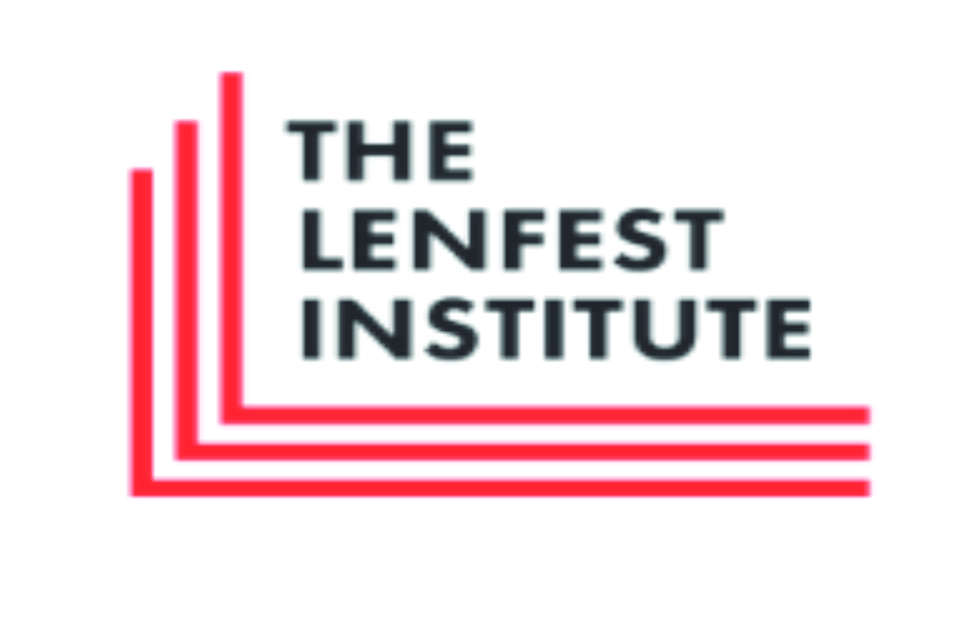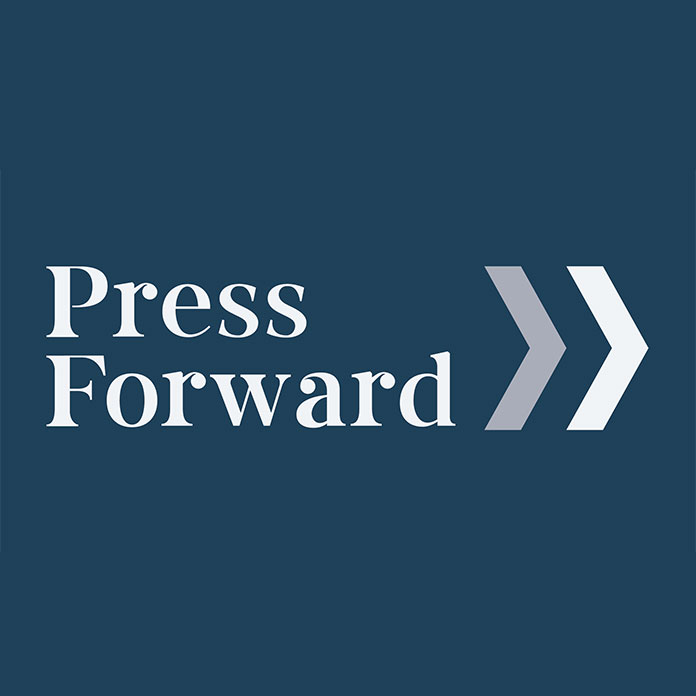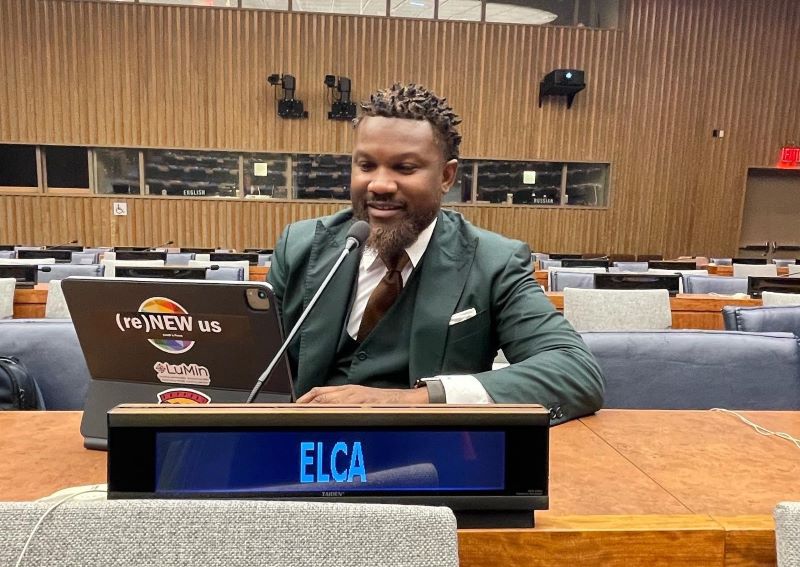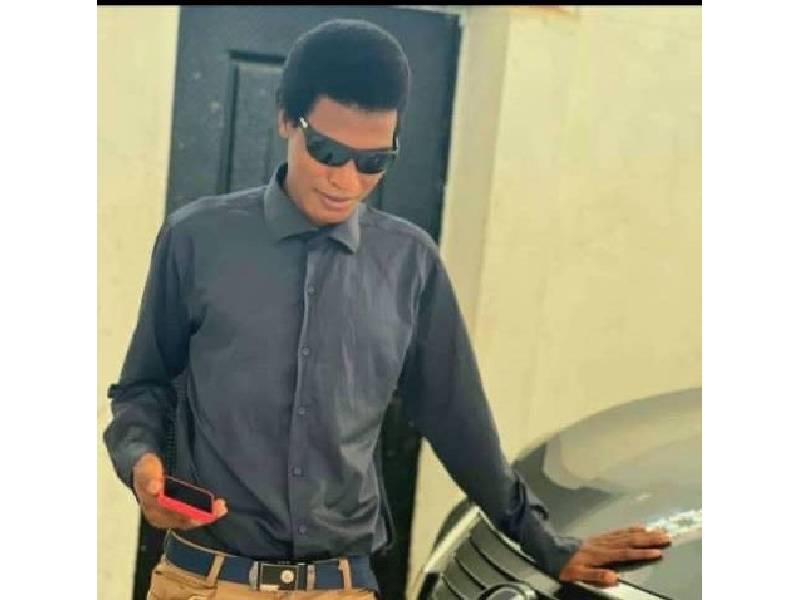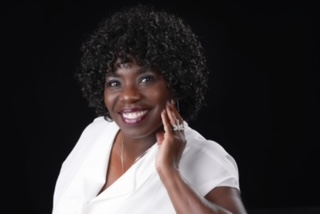Moussa Diallo’s journey is one of resilience, sacrifice, and the relentless pursuit of a better life. At 62, he left behind his wife and child in Mauritania, stepping into the unknown for stability and opportunity. The road to the United States was neither short nor easy, but Diallo has never backed down from a challenge.
Growing up Fulani in Mauritania, Diallo faced systemic discrimination. The Fulani, one of West Africa’s largest nomadic groups, often find themselves at the bottom of Mauritania’s rigid social hierarchy. As a young man, his dreams of higher education were cut short when the 1989 war between Senegal and Mauritania forced him into exile. He fled to Gabon, where he began working with a French company, gaining valuable experience as a civil engineering technician. In 2013, he returned to Mauritania, bringing years of expertise with him.
Back home, he worked for the Bureau of Control, an enterprise overseeing structural projects, before transitioning to the nonprofit sector. With organizations like Karitas and Grek, he dedicated himself to training young people through the SAFIRE program—an initiative to enhance food security, vocational training, and economic resilience for marginalized Mauritanians. Yet, despite his contributions, he remained vulnerable in a country where ethnic minorities were often targeted. By 2023, it became clear that he had to leave if he wanted a different future.
His path to the United States was grueling. From Mauritania, he traveled through Morocco, Spain, Colombia, and Nicaragua before finally reaching the U.S.-Mexico border. Along the way, he endured uncertainty, threats from gangsters, and the constant fear of being turned back. When he arrived in Arizona on June 22, 2023, he felt a mix of relief and apprehension. Detained and screened, he was eventually released with documents allowing him to seek asylum.
The transition to life in America has been an uphill battle. His most pressing challenge has been employment. Despite decades of experience, finding stable work has proven difficult, largely due to the language barrier. Diallo is learning English, attending school, and practicing whenever possible. He proudly earned a certificate from African Family Health Organization (AFAHO), which assists African and Caribbean immigrants in Greater Philadelphia, but he knows the transition will take time.
“I’m doing my best,” he says, “but the job part is worrying me a lot, because I’m not getting anything.”
Diallo briefly lived in Ohio and New York before arriving in Philadelphia, where he now manages One Stop Detailing in Lansdowne. Still, the weight of his family’s absence is a constant burden. His wife and child remain in Mauritania, and while he is grateful for the freedom and opportunities in the U.S., the separation is painful. His goals are clear: Secure asylum, establish stability, and reunite with his family.
“We cannot go back,” he says. “The only thing we can do is bring our family here.”
For Diallo, starting over in America is like pressing a reset button. The professional experience he spent decades building does not easily translate, and the language barrier adds another layer of difficulty. Yet, he persists. His story mirrors that of countless immigrants who leave everything behind, not for themselves, but for the hope of something better for their loved ones.
Freedom, safety, and opportunity things he once only dreamed of are now within reach. His journey is not over, but with each day, he takes another step forward.
This article is made possible with the support from the following organizations:
Media Partner
FunTimes Magazine is one of the 30 news organizations powering the Philadelphia Journalism Collaborative. We do solutions reporting on things that affect daily life in our city where the problem and symptoms are obvious, but what’s driving them isn’t.
Follow us at @PHLJournoCollab


